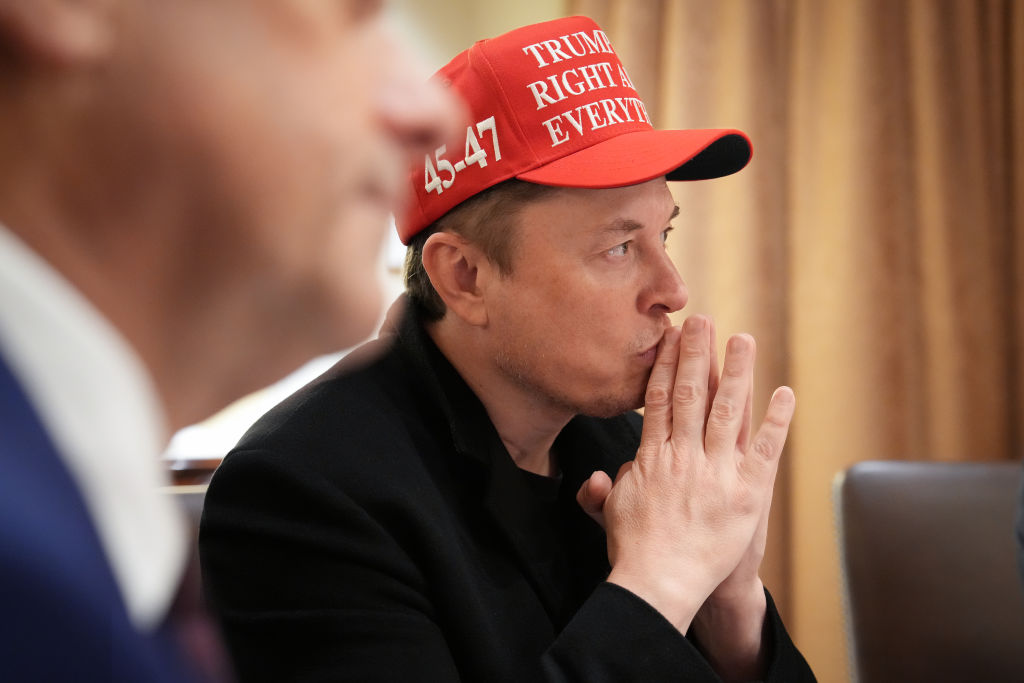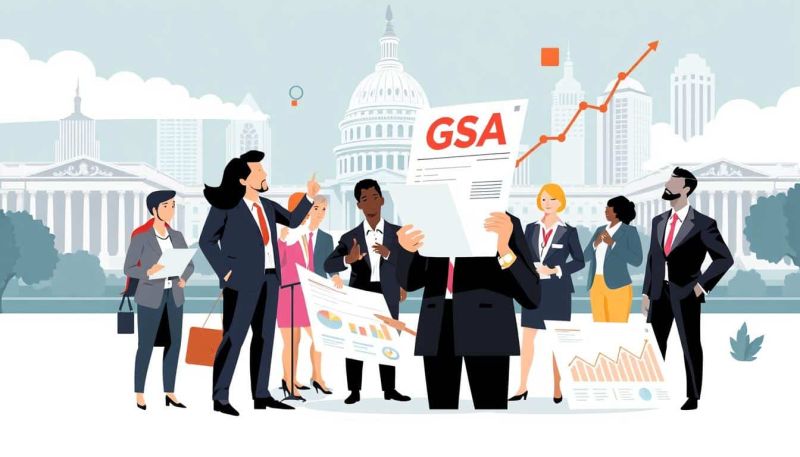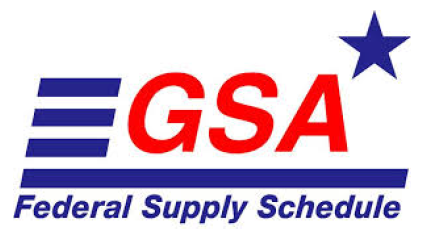A quick win for DOGE? Make procurement competitive again
If DOGE is looking for a high-value, high-return target, the software procurement process is an easy win.
The Department of Government Efficiency took on an unexpected form when Donald Trump was sworn into office on Inauguration Day. While Elon Musk is aiming to make good on the plans he outlined in November to “cut the federal government down to size,” he is also working well within his comfort zone and official mandate: software modernization.
The Government Accountability Office has given DOGE a number of options to help save billions after updating its High Risk List in February 2025. Among the 38 critical areas listed, an easy and important target would be the federal government’s costly process for IT acquisitions and management, starting with the low-hanging fruit of software procurement.
Software procurement may be technical and arcane, but like many seemingly complex activities, can be simplified with a question familiar to enemies of the status quo like Musk: Are federal agencies locked into certain vendors with arcane contracts that harm choice, accountability and performance?
The fact is that government procurement for major software systems is uncompetitive. Agencies award major deals to legacy, incumbent vendors already deeply entrenched in the government rather than considering alternatives who could more efficiently fulfill contract needs at lower costs. This tendency is made more pernicious when IT vendors use restrictive licenses to further lock agencies into one or a few products that give them little choice. With sufficient political willpower — which Musk has at this moment — the federal government could use its significant footprint and bargaining power to effectively end these practices, which would reduce costs by making procurement competitive again. That is a recipe for efficiency and cost-savings, as well as better outcomes. Not just in government, but in the private sector as well.
Before he stepped down from DOGE, Vivek Ramaswamy identified at least one clear perpetrator. In December, he posted about a 2021 Agriculture Department contract that was awarded to a single vendor — Microsoft — agreeing to a $170 million five-year deal rather than go with Google, which would have cost taxpayers a third of the cost at $58 million for the same project. He also pointed out that “in other cases, vendors have required agencies to repurchase licenses in order to migrate to the cloud.” Bull’s-eye. There is no technical advantage that justifies these rules — it is a business model tactic that only benefits Microsoft and harms taxpayers.
Microsoft’s existing dominance — 85% market share in productivity software by some measures — and contractual rules provide a distinct advantage that undermines competition when it sells to the federal government. In one instance, President Joe Biden called on major tech executives to help “raise the bar on cybersecurity” for the federal government in 2021. Microsoft responded by offering $150 million worth of “free” cybersecurity upgrades for a limited time. The deal seemed too good to be true — which it was. Only recently, investigative journalists exposed that the deal was designed to “spin the meter” for its cloud platform and keep the government “hooked on Azure,” according to former Microsoft sales executives.
Another major perpetrator is Oracle, whose databases sit at the core of many U.S. agency systems. Over the last few years, the company ran into a series of problems trying to roll out its 10-year modernization initiative with the Department of Veterans Affairs’ electronic health records. In February 2024, the VA’s Office of Inspector General published a report that the new system contained inaccurate medication information that risked patient safety, and though Oracle patched the software issue, Oracle failed to correct the previous inaccurate and missing data. Oracle testified in front of Congress about these data issues shortly after the OIG’s report, only to tell lawmakers that more problems had surfaced. Despite these ongoing failures, the VA announced an 11-month extension of its original $16-billion contract with Oracle just four months later. The actual cost of the project is estimated to be over $50 billion. That doesn’t happen in a competitive market.
Another place to look is sole-source contracts. Microsoft and Oracle secure at least 25% of their government contracts through noncompetitive or limited source contracts with third parties, despite a study that found that meaningful competition would cut IT costs by 5% and save the federal government up to $750 million annually. These companies use a mix of licensing restrictions that require federal agencies to repurchase software, annual fees, and predatory software audits to maintain their control and vendor-lock the U.S. government.
As the largest single IT customer in the world, the U.S. government has the ability to exert pressure on legacy vendors who use these anti-competitive tactics. Now is the time to use that pressure for the public good. This is exactly the type of bad behavior and inefficiency that DOGE has been looking to tackle and is more than capable of fixing.
Fixing software procurement won’t close the federal deficit, but it would make a meaningful contribution. If DOGE is looking for a high-value, high-return target, the software procurement process is an easy win.
Steve Weber is professor at the Graduate School, UC Berkeley School of Information. A partner at Breakwater Strategy and an academic affiliate at Analysis Group, he has worked with and received research funding from a number of technology firms, including Google and Microsoft.
Copyright
© 2025 Federal News Network. All rights reserved. This website is not intended for users located within the European Economic Area.




